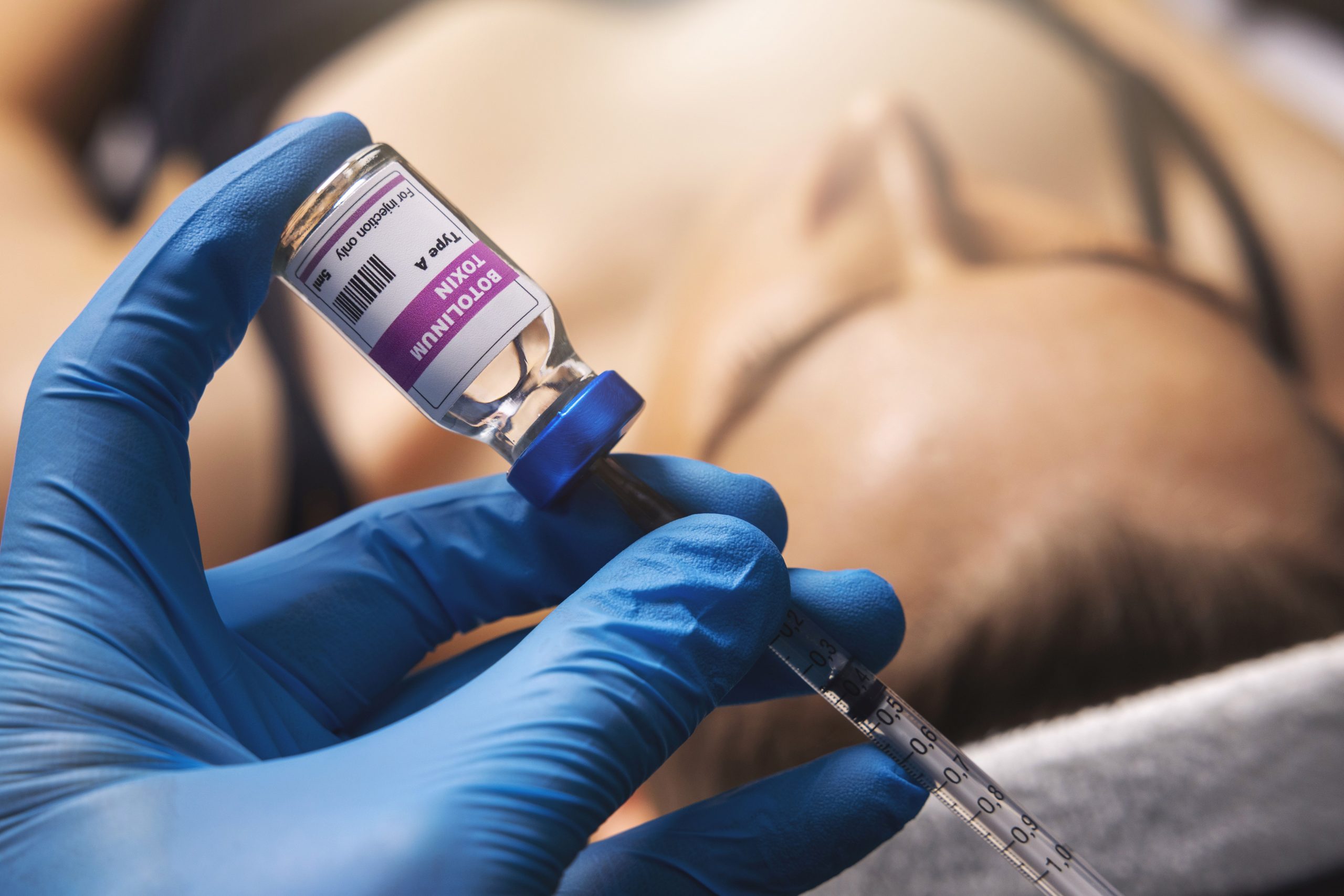In a proactive move during June, Walsall’s Trading Standards officers collaborated with a dedicated 16-year-old volunteer to assess the age verification protocols of 11 local salons.
Understanding the Botulinum Toxin and Cosmetic Fillers (Children) Act
Since its implementation in October 2021, the Botulinum Toxin and Cosmetic Fillers (Children) Act has made it explicitly illegal for establishments to facilitate arrangements for individuals under 18 to undergo such treatments. Businesses found in violation of this regulation could face legal consequences.
On June 29, 2023, a 16-year-old volunteer, under the guidance of Trading Standards officers, visited 11 salons in Walsall. The volunteer was instructed to request an appointment for lip filler treatment.
Out of the 11 salons visited:
- 3 salons scheduled appointments for the treatment without conducting proper age verification checks.
- 4 salons exchanged contact information for future interactions.
- 3 salons were closed during the visit.
- 1 salon did not offer the requested treatment.
Promoting Safety and Responsibility
Councillor Garry Perry, Portfolio Holder for Resilient Communities at Walsall Council, emphasized, “These initiatives play a pivotal role in safeguarding the well-being of our youth. Businesses must shoulder the responsibility of customer safety by acquainting themselves with their legal obligations, especially when faced with new legislation. Our aim is not to penalize or shut down establishments, but rather collaborate with them to ensure seamless service provision while upholding the law and protecting children.”
Prioritizing Child Safety
The primary objective behind this legislation is to shield minors from the potential health hazards associated with botulinum toxins and cosmetic fillers. These procedures entail risks ranging from infections to severe complications like blindness, not to mention the psychological impact of altering one’s appearance.
The four salons that exchanged contact information with the volunteer received advisory letters outlining the legislation and their corresponding responsibilities. In addition, the three salons that booked appointments were revisited by officers who provided comprehensive guidance and written materials for their reference. Despite the salons’ claims of conducting age verification during consultations, the officers recommended that verification checks be executed prior to confirming any appointments.
Further initiatives are already in the works to ensure continuous support for businesses in adherence to regulations and to maintain the safety of children within the community.





